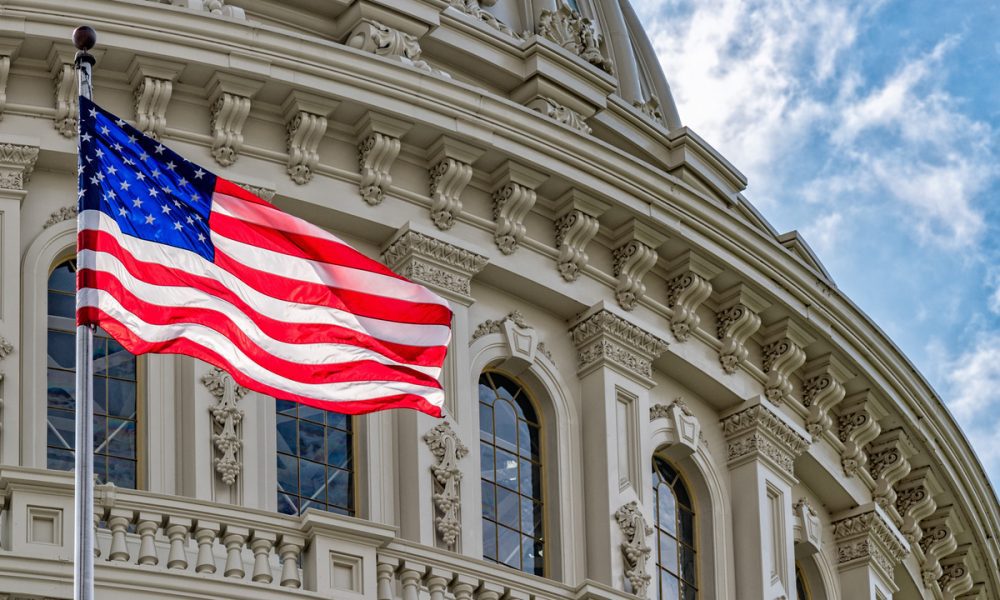Bipartisan Legislation Would Update Health Data Privacy Laws – pymnts.com

It’s been more than two decades since the nation’s healthcare data privacy law was enacted, and two United States senators say it’s time to revise the outdated regulations.
The Health Insurance Portability and Accountability Act, better known as HIPAA, was introduced in 1996. Outside of Obamacare, it is perhaps the most well-known healthcare laws in the U.S.
HIPAA was originally intended to help more Americans get health insurance and ensure employees keep coverage if they changed jobs. The act also allowed the Department of Health and Human Services to set standards for protecting health information by legitimizing and protecting an individual’s rights to their healthcare information.
Last week, U.S. Senators Tammy Baldwin,D-Wis., and Bill Cassidy, R-La., introduced legislation that would start the process of modernizing the nation’s health privacy laws and regulations.
If enacted, the Health Data Use and Privacy Commission Act would establish a health and privacy panel to research and make recommendations to Congress on how to update the use of health data and privacy laws to ensure patient privacy and trust.
At the same time, the committee would be tasked with balancing the needs of doctors to have information at their fingertips to provide care.
“Folks…are rightfully concerned about the security of their personal information, especially individual health care data, and it is time to give Americans better protection over these records,” Baldwin said.
Cassidy, a physician, said while the potential of new technology to improve patient care seems limitless, Americans must be able to trust that their personal health data is protected if this technology meets its full potential.
Last month, PYMNTS examined how remote care is increasing the need for digital identity verification measures in healthcare services and analyzed solutions to address the challenges in implementing these measures in a virtual care setting.
Learn more: PYMNTS Intelligence: How Telemedicine Is Driving Digital Identity Verification Adoption in Healthcare
——————————
NEW PYMNTS DATA: ACCOUNT OPENING AND LOAN SERVICING IN THE DIGITAL ENVIRONMENT
About: Forty-two percent of U.S. consumers are more likely to open accounts with FIs that make it easy to auto-share their banking details during sign-up. The PYMNTS study Account Opening And Loan Servicing In The Digital Environment, surveyed 2,300 consumers to examine how FIs can leverage open banking to engage customers and create a better account opening experience.




